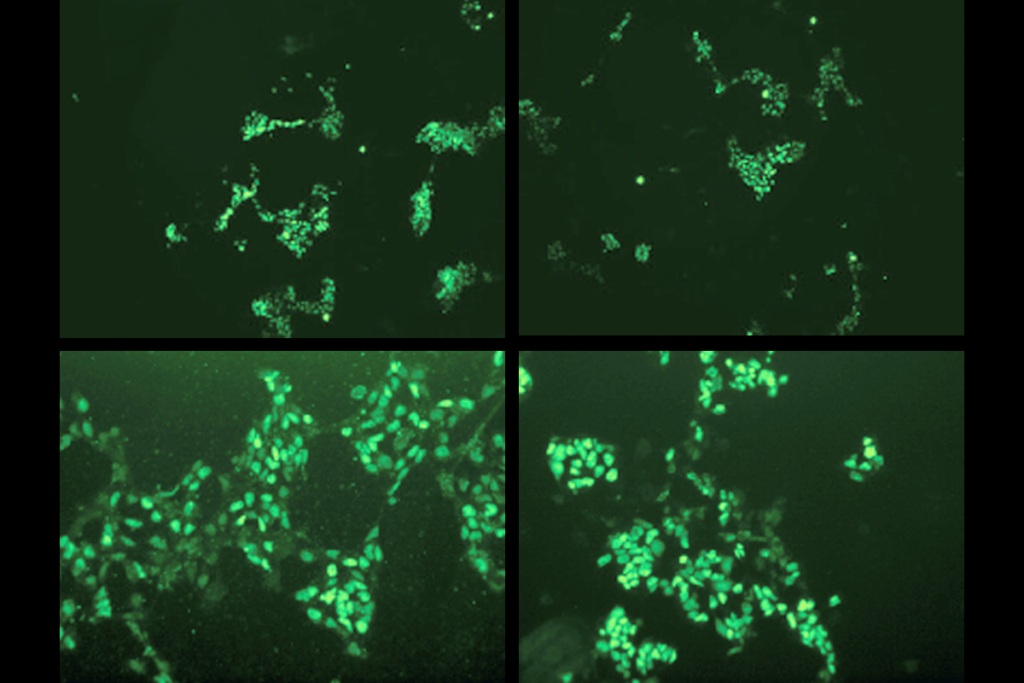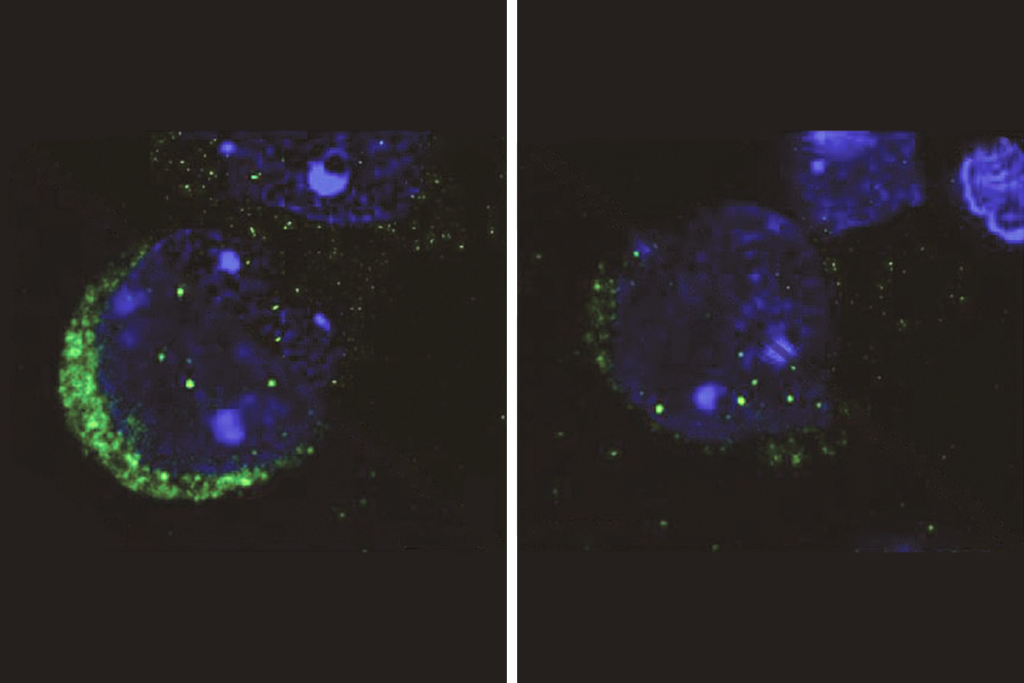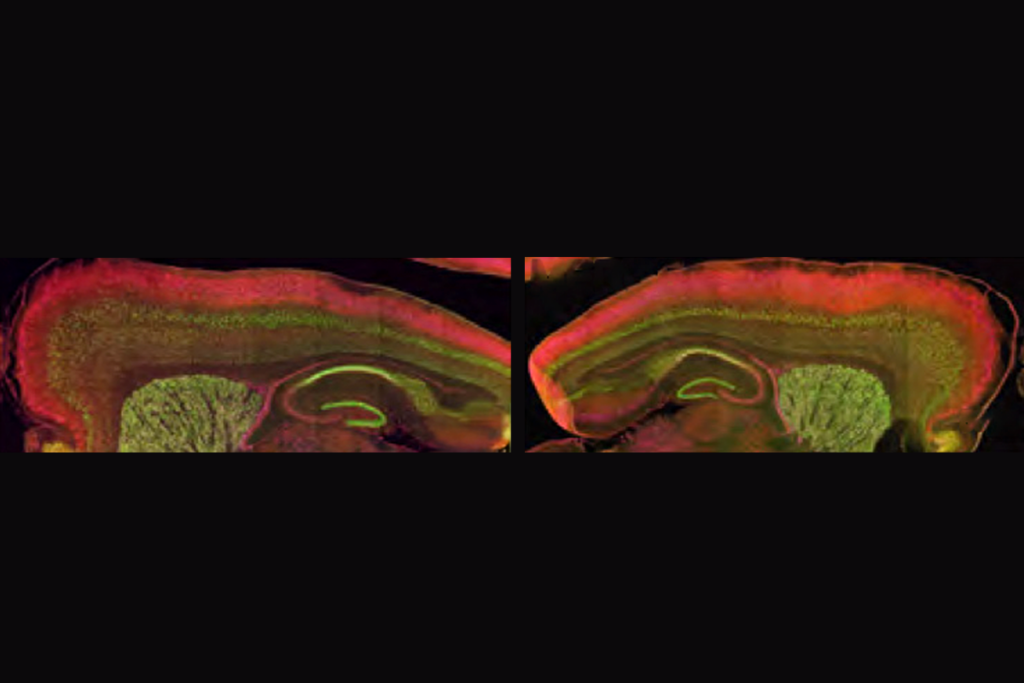Jill U. Adams is a freelance science journalist based in Albany, New York. She covers health, mental health and biomedical research for such publications as The Transmitter, The Washington Post, Scientific American, Undark and The Scientist. She has a Ph.D. in pharmacology from Emory University in Atlanta, Georgia.

Jill Adams
Contributing writer
From this contributor
Developmental delay patterns differ with diagnosis; and more
Here is a roundup of autism-related news and research spotted around the web for the week of 14 April.

Developmental delay patterns differ with diagnosis; and more
Changes in autism scores across childhood differ between girls and boys
Here is a roundup of autism-related news and research spotted around the web for the week of 7 April.

Changes in autism scores across childhood differ between girls and boys
Autism traits, mental health conditions interact in sex-dependent ways in early development
Here is a roundup of autism-related news and research spotted around the web for the week of 31 March.

Autism traits, mental health conditions interact in sex-dependent ways in early development
NIH neurodevelopmental assessment system now available as iPad app
Here is a roundup of autism-related news and research spotted around the web for the week of 24 March.

NIH neurodevelopmental assessment system now available as iPad app
Restoring excitation-inhibition balance in a mouse model of autism; and more
Here is a roundup of autism-related news and research spotted around the web for the week of 17 March.

Restoring excitation-inhibition balance in a mouse model of autism; and more
Explore more from The Transmitter
‘Natural Neuroscience: Toward a Systems Neuroscience of Natural Behaviors,’ an excerpt
In his new book, published today, Nachum Ulanovsky calls on the field to embrace naturalistic conditions and move away from overcontrolled experiments.

‘Natural Neuroscience: Toward a Systems Neuroscience of Natural Behaviors,’ an excerpt
In his new book, published today, Nachum Ulanovsky calls on the field to embrace naturalistic conditions and move away from overcontrolled experiments.
Functional MRI can do more than you think
Recent technological advances provide a range of new and different information about brain physiology. But taking full advantage of these gains depends on collaboration between engineers and neuroscientists.

Functional MRI can do more than you think
Recent technological advances provide a range of new and different information about brain physiology. But taking full advantage of these gains depends on collaboration between engineers and neuroscientists.
As federal funders desert mentorship programs for marginalized students, trainee-led initiatives fill the gap
Grassroots organizations, led by graduate students and postdoctoral researchers, are stepping up to provide neuroscience career training and guidance for students from marginalized backgrounds—and they need your support.

As federal funders desert mentorship programs for marginalized students, trainee-led initiatives fill the gap
Grassroots organizations, led by graduate students and postdoctoral researchers, are stepping up to provide neuroscience career training and guidance for students from marginalized backgrounds—and they need your support.